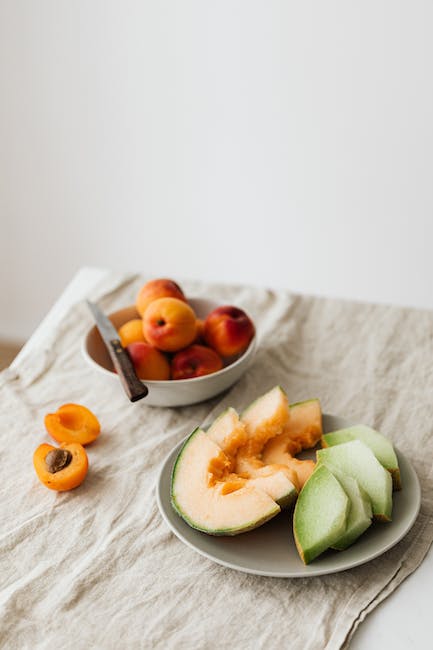Unlock the Sweet Secrets of Honeydew: Your Ultimate Guide to This Luscious Fruit
Are you ready to dive into the world of honeydew, the refreshingly sweet melon that’s perfect for a hot summer day? In this comprehensive guide, we’ll explore everything you need to know about honeydew fruit, from its health benefits to delicious ways to enjoy it. Get ready to tantalize your taste buds and discover why honeydew deserves a spot in your fruit bowl!
What Is Honeydew Fruit?
The Basics of Honeydew
Honeydew melon, or simply honeydew, is a pale green fruit that belongs to the Cucurbitaceae family. It’s known for its smooth, firm outer rind and juicy, sweet interior. Unlike its cousin, the cantaloupe, honeydew has a more subtle sweetness and a refreshing taste that makes it a favorite among fruit enthusiasts.
The Origin and Cultivation of Honeydew
Honeydew has a rich history that dates back to ancient times. It is believed to have originated in West Africa or the Middle East and has since spread across the globe. Today, honeydew is cultivated in many countries, with China, Turkey, and the United States leading in production.
Health Benefits of Honeydew
Nutritional Profile of Honeydew
Honeydew is not only delicious but also packed with nutrients. It’s low in calories and contains essential vitamins and minerals such as vitamin C, potassium, and fiber. Here’s a quick rundown of its nutritional benefits:
- Rich in Vitamin C: A powerful antioxidant that boosts the immune system.
- High in Potassium: Helps maintain healthy blood pressure levels.
- Dietary Fiber: Aids in digestion and promotes a feeling of fullness.
How Honeydew Can Improve Your Health
Incorporating honeydew into your diet can have several health benefits. It can help hydrate your body due to its high water content, support weight loss efforts as a low-calorie snack, and even contribute to healthy skin thanks to its vitamin C content.
How to Select and Store Honeydew
Choosing the Perfect Honeydew
When selecting a honeydew melon, look for one that feels heavy for its size and has a waxy, not overly shiny, rind. The fruit should be firm with a slight give, and you may notice a sweet fragrance at the stem end.
Storing Honeydew for Freshness
Once you’ve brought your honeydew home, store it at room temperature until it ripens. After cutting, you should refrigerate any leftovers in an airtight container to keep them fresh for up to five days.
Delicious Ways to Enjoy Honeydew
Simple and Refreshing Honeydew Recipes
Honeydew can be enjoyed in a variety of ways, from eating it raw to incorporating it into recipes. Here are some ideas to get you started:
- Honeydew Smoothie: Blend honeydew chunks with yogurt and a drizzle of honey for a refreshing drink.
- Fruit Salad: Combine honeydew with other fruits like berries and kiwi for a colorful and healthy treat.
Creative Honeydew Pairings
The subtle sweetness of honeydew pairs well with a range of flavors. Try it with prosciutto for a classic Italian appetizer or add it to a salad with feta cheese and mint for a Mediterranean twist.
Common Questions About Honeydew
Is Honeydew Good for Weight Loss?
Yes, honeydew can be a great addition to a weight loss diet due to its low calorie count and high water content, which can help you feel full and satisfied.
Can You Freeze Honeydew?
Absolutely! Freezing honeydew is a great way to preserve its freshness. Cut the fruit into chunks and freeze them on a baking sheet before transferring to a freezer bag.
Conclusion: The Sweetness of Honeydew Awaits
Honeydew is more than just a sweet treat; it’s a versatile fruit that offers numerous health benefits and culinary possibilities. Whether you’re enjoying it as a quick snack or incorporating it into your meals, honeydew is sure to delight your palate and contribute to your overall well-being. So next time you’re at the market, don’t hesitate to add this luscious melon to your cart and unlock all the sweet secrets it has to offer!


